This is the third book in the "Remembrance of Things Past " science fiction trilogy by Cixin Liu.
SPOILER ALERT / SPOILER ALERT / SPOILER ALERT
If you haven't read the first two books in the trilogy this review will contain spoilers.
Each book in the trilogy has an intricate multilayered plot, numerous scientific concepts (real and made up), and a slew of interesting, complex characters. However, in a nutshell.....
In book one - The Three-Body Problem - extraterrestrial beings called Trisolarans, from the planet Trisolaris, learn about the existence of Earth. Trisolaris is a volatile planet with hostile living conditions, so the Trisolarans announce their intention of sending a fleet to take over Earth, a trip that will take 400 years.
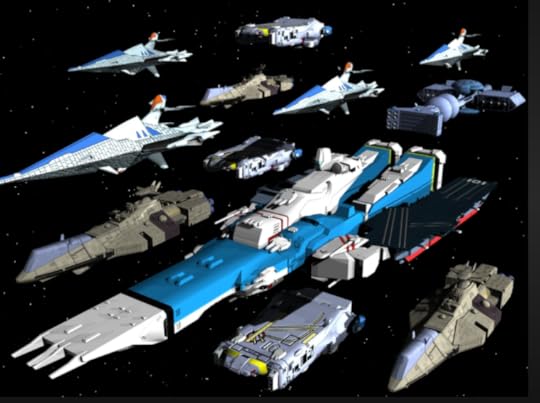
By the end of book two - The Dark Forest- both humans and Trisolarans have learned that advanced civilizations in the universe will wipe out any planet that shows signs of intelligent life (presumably for self-protection). So a human scientist's threat - and demonstrated ability - to broadcast the location of Trisolaris to the cosmos convinces the approaching Trisolaran fleet to alter its course....away from us. However there's a fly in the ointment: once the 'destroyers' have wiped out Trisolaris they'll inevitably discover Earth - which is very close (in astronomical terms).
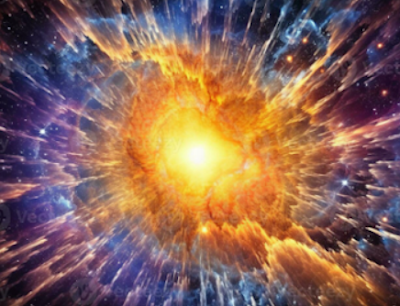
As the third book - Death's End - opens, the first Trisolaran fleet has moved away from the Solar System and Earth is in the 'Deterrence Era.' That is, the alien invasion has been deterred by the above mentioned threat of exposure. Humans are doing pretty well: governments are democratic; Trisolaran knowledge - shared with Earth - has led to remarkable advances in science and technology; human habitats and industries have spread through the Solar System; people have comfortable homes, fashionable clothes, and graceful manners; etc. Everything seems hunky dory.

For reasons explained in a previous book, four spaceships have left the Solar System. The first two ships harbor 'escapists'; people who - following a battle with mysterious 'droplets' - 'escaped' out into the galaxy.....which is forbidden by law. The other two ships are in pursuit, trying to catch the runaways. At one point, some of these ships encounter a four-dimensional fragment of space that has remarkable properties.
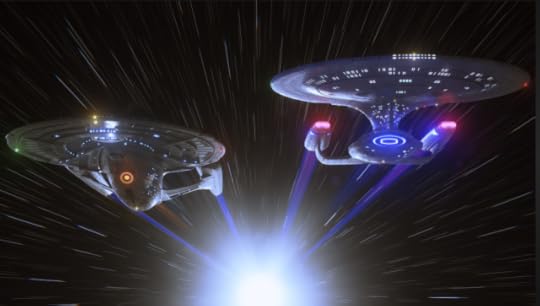
Meanwhile, back on Earth humans remain on alert. Though the Trisolarans seem to be behaving themselves they're still potential hostiles. Thus a human scientist, called the 'Swordholder', is in charge of a 'doomsday button' that will immediately broadcast the location of Trisolaris if the aliens mount a surprise attack.

The question is....will the Swordholder have the guts to push the button, knowing it will eventually lead to Earth's destruction. I liked the suspense in the book so I don't want to give too much away. Let's just say - somehow or other - the location of Trisolaris is exposed.
After Trisolaris is unmasked humans fear total annihilation. So Earth scientists propose potential survival strategies: one plan is to hide all humans in structures behind the four outer planets;
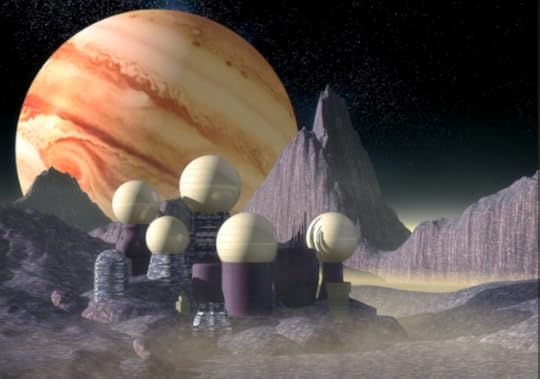
another scheme is to slow down the speed of light so the Solar System becomes 'invisible' to the rest of the universe. This would prohibit space travel forever. (Blech!).
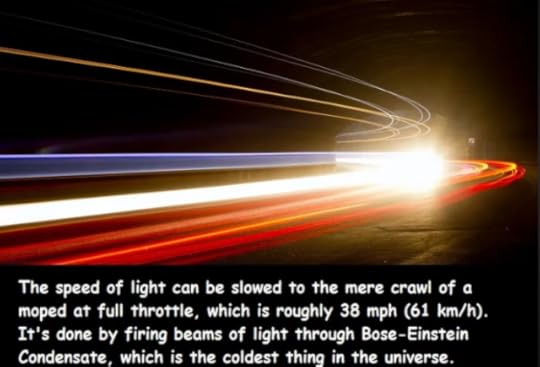
Finally, a third (illegal) proposal involves building spacecraft that can travel at the speed of light, so people can flee to other star systems. (Yay!)
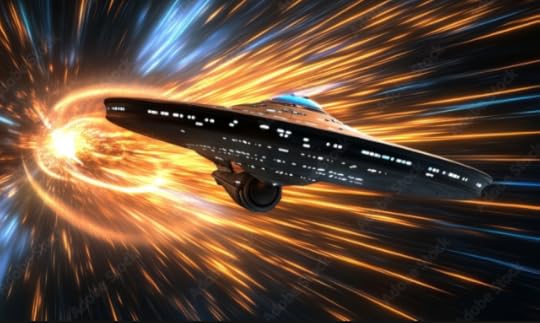
It's impossible to say much about the various story developments without spoilers. I will say that the trilogy extends over many centuries but - because humans can 'hibernate' - the main characters don't die. They 'go to sleep' and 'wake up' (again and again) as needed. This lends a nice continuity to the storyline.
Though I might have done things differently than some characters in the book I enjoyed the story immensely.....until the last part. The end of the book is flat, uninspiring, and scientifically impossible (in my opinion). The finale reminded me of the last episodes of the TV series' "Lost" and "Battlestar Galactica"....fine shows with disappointing conclusions.
The entire trilogy is good but book three is especially ambitious, ingenious, and impressive. Moreover it's probably one of very few science fiction books to contain three original - and fantastic - fairy tales! LOL

Cixin Liu is an excellent writer with a spectacular imagination and a wonderful ability to incorporate scientific concepts into his stories. The time and effort the author must have devoted to researching and writing this trilogy boggles my mind. And the translation from Chinese to English by Ken Liu is skillful and smooth. Good job all around!
I can't recommend this trilogy highly enough to fans of science fiction. Read it. You won't be disappointed.

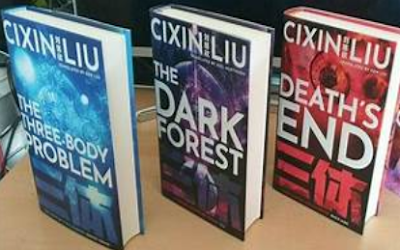
Author Cixin Liu and his 'Remembrance of Earth's Past' trilogy
Rating: 4.5 stars

No comments:
Post a Comment